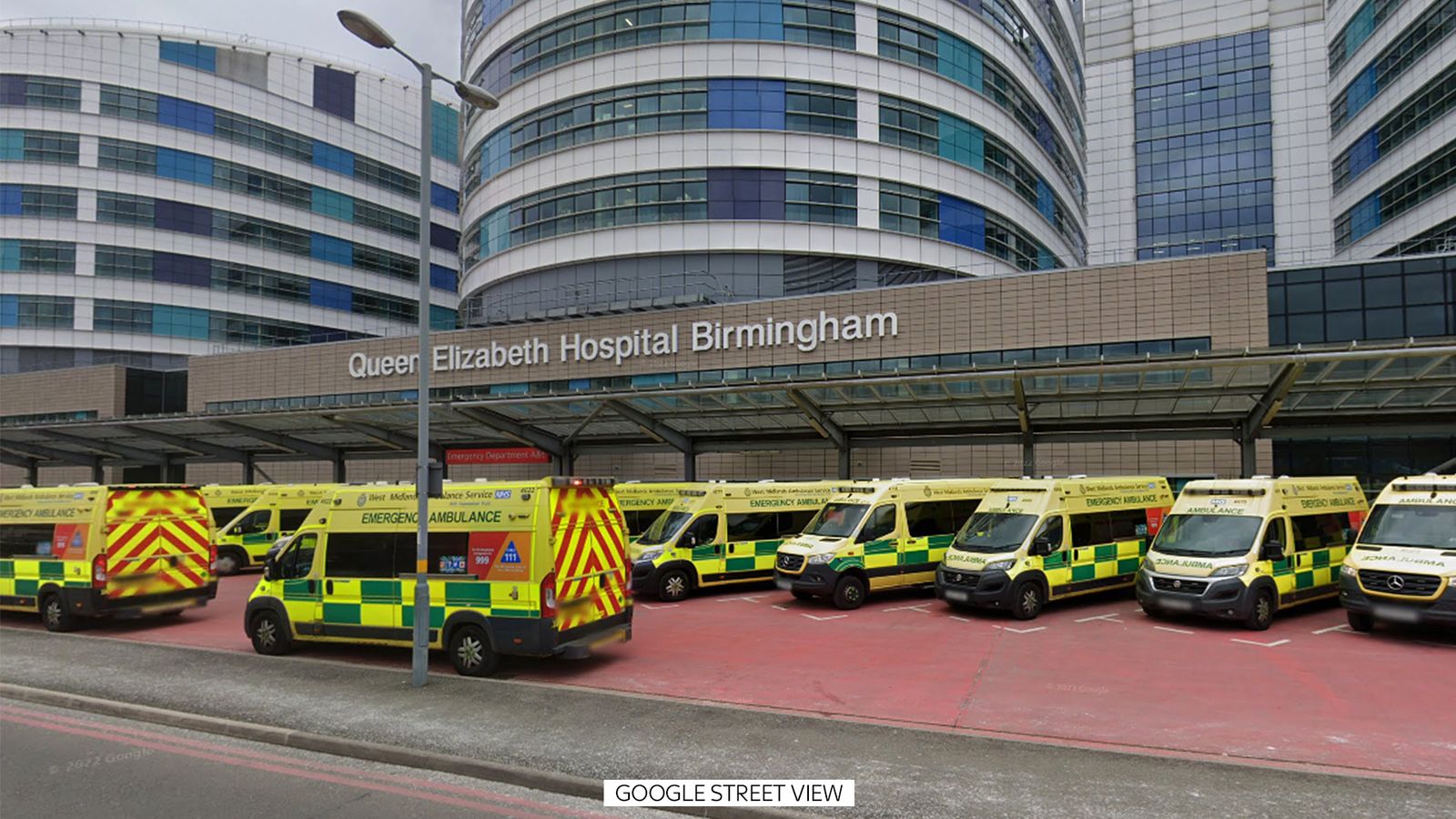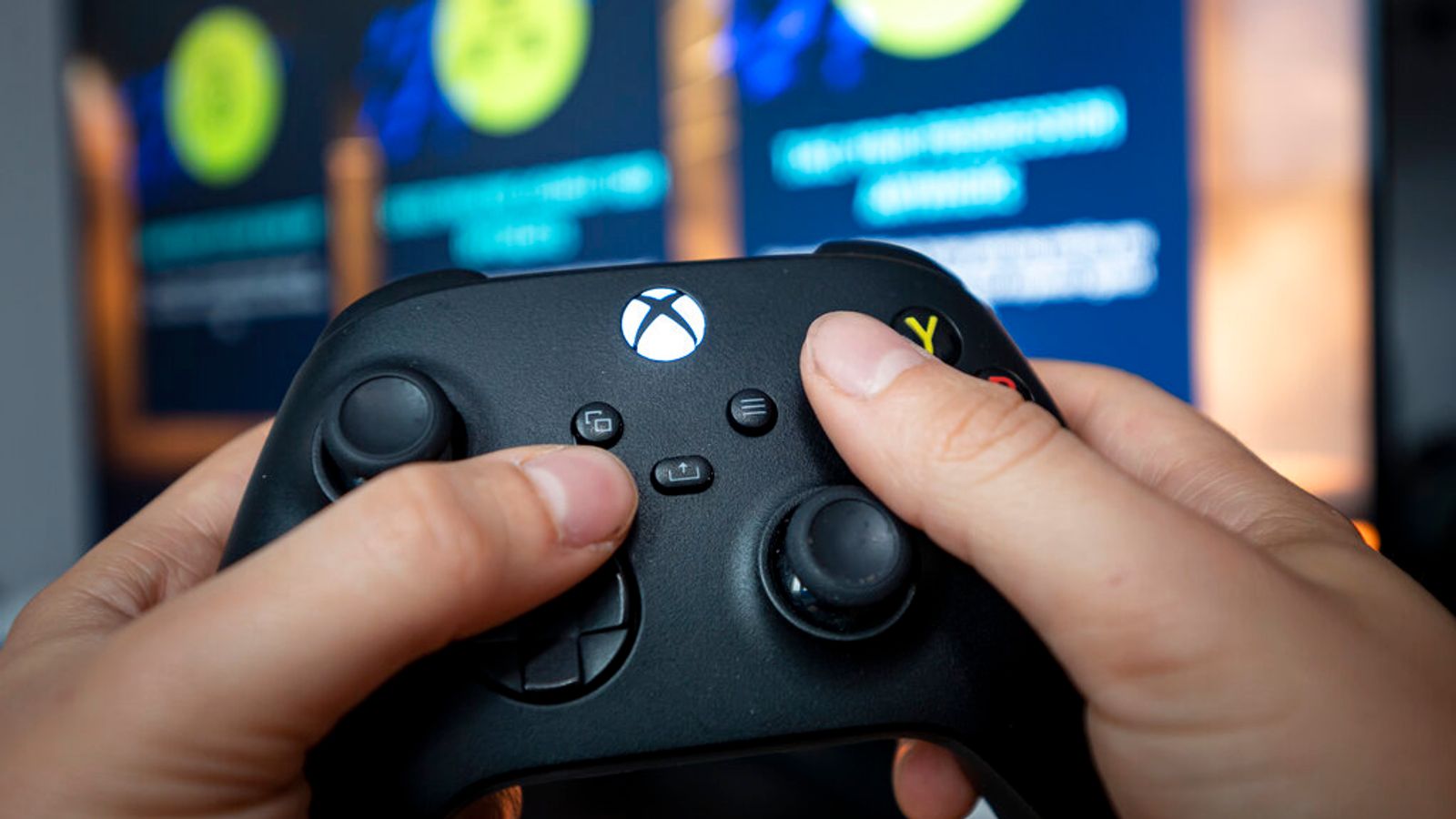A culture of bullying at one of England’s biggest NHS Trusts could put the care of patients at risk, a report has found.
An independent review of the University Hospitals Birmingham NHS Trust (UHB) has found the number of patient deaths at the Trust is higher than would be expected and has warned that “if the cultural environment at UHB has not already affected mortality it is likely to be affecting the patient experience and morbidity”.
The report revealed “extensive complaints” had been made by staff about the organisation’s conduct and that “many were concerned about the ‘toxic atmosphere and bullying at all levels of management'”.
It said the report team “heard many examples of concerning comments following a range of topics, including issues over promotion processes, bullying of staff (including junior doctors), and a fear of retribution if concerns were raised”.
It also highlights concerns around staffing levels. In November 2022, 13.35% of nursing posts at the Trust were vacant, compared with an England average of 10%.
It warns that “any continuance of a culture that is corrosively affecting morale and in particular threatens long-term staff recruitment and retention will put at risk the care of patients”.
The report chaired by Professor Mike Bewick, a former deputy medical director at NHS England, who is now an independent consultant, was commissioned last year after a number of complaints were raised about the Trust which employs 22,400 people across several sites and operates four major hospitals in the West Midlands.
Please use Chrome browser for a more accessible video player
It followed the death by suicide of Dr Vaish Kumar, 35, who was working at the Queen Elizabeth Hospital Birmingham when she took a fatal overdose in June of last year.
“She wrote a letter,” her father, Dr Ravi Kumar, told Sky News. “She very clearly mentioned that she was doing this because of the QE hospital.”
After taking the overdose she waited three hours to call an ambulance. Her father says that when paramedics arrived “she said under no circumstances was she going to the QE hospital”.
Dr Kumar says his daughter was “bright, fun-loving and compassionate” but things changed soon after she began working at the Queen Elizabeth Hospital.
“She started facing this toxic environment and she started getting a bit more worried and tearful,” he said, adding sometimes when she returned from work she would say “people are belittling her and demeaning her”.
The report found there was “considerable unrest and anger at the Trust’s response” to Dr Kumar’s death, both from her family and “the wider junior doctor community”.
It also found that “this was not the first death by suicide of a doctor at UHB”.
It revealed there was “disappointment and anger” from staff at a lack of senior representation by the Trust at Dr Kumar’s funeral, and that the Trust only formally wrote to her family two months after her death.
Shockingly, the report found a senior member of staff within medical staffing was unaware of Dr Kumar’s death and emailed the medic personally 26 days after her death to ask why she had been removed from her post and if she was still being paid.
The report concluded the case showed a need for “a fundamental shift in the way an organisation demonstrably cares about its staff as people”.
Be the first to get Breaking News
Install the Sky News app for free
Dr Kumar’s father said: “It makes me angry and at the same time worried about other junior doctors who are going to follow her.
“Our lives stopped on the 22nd June and it’s very hard. Each day is a struggle.
“Now my main worry is to stop it happening to others and that is why I want to bring this forward so people realise that there is a toxic atmosphere.”
A spokesperson for University Hospitals Birmingham said: “Dr Vaishnavi Kumar was a much loved and respected doctor, who was popular with colleagues and patients alike. Her unexpected death was a tragedy and our heartfelt condolences remain with Vaishnavi’s family.
“We have reflected on our response to Vaishnavi’s death, have learnt lessons from this, and are acting on them.
“Dr Kumar wants his daughter’s death to result in improvements in the support offered to all doctors in training and to see a change in the culture of the Trust. We are pleased that he has agreed to work with the Trust on this.”
Read more UK news:
Prince Harry turns up for phone-tapping and privacy court case again
Grocery inflation hits new record high – and the worst is yet to come
Only Fools And Horses star discovers daughter he never knew he had
Jonathan Brotherton, chief executive at University Hospitals Birmingham NHS Foundation Trust (UHB) said in response to the report’s findings: “Patients can continue to be confident that the care and treatment provided at our hospitals is safe. We are pleased that Professor Bewick’s overall view ‘is that the Trust is a safe place to receive care’.
“We fully accept his recommendations and welcome the additional assurance that has been asked for through further independent oversight.
“There are a number of significant concerns that we need to, and have started to, address; we will continue to learn from the past, as we move forward.
“We want to develop a positive, inclusive work environment where people want to come to work, in a place that they are proud to work in, to do their very best for our patients. While we will not be able to fix things as quickly as I would like, we do need to do it as quickly as possible, for the benefit of patients and staff; I am committed to ensuring this happens.
“We must now focus on continuing to provide the best possible patient care, building a values-led culture and supporting our incredible colleagues.”
:: Anyone feeling emotionally distressed or suicidal can call Samaritans for help on 116 123 or email [email protected] in the UK. In the US, call the Samaritans branch in your area or 1 (800) 273-TALK.








